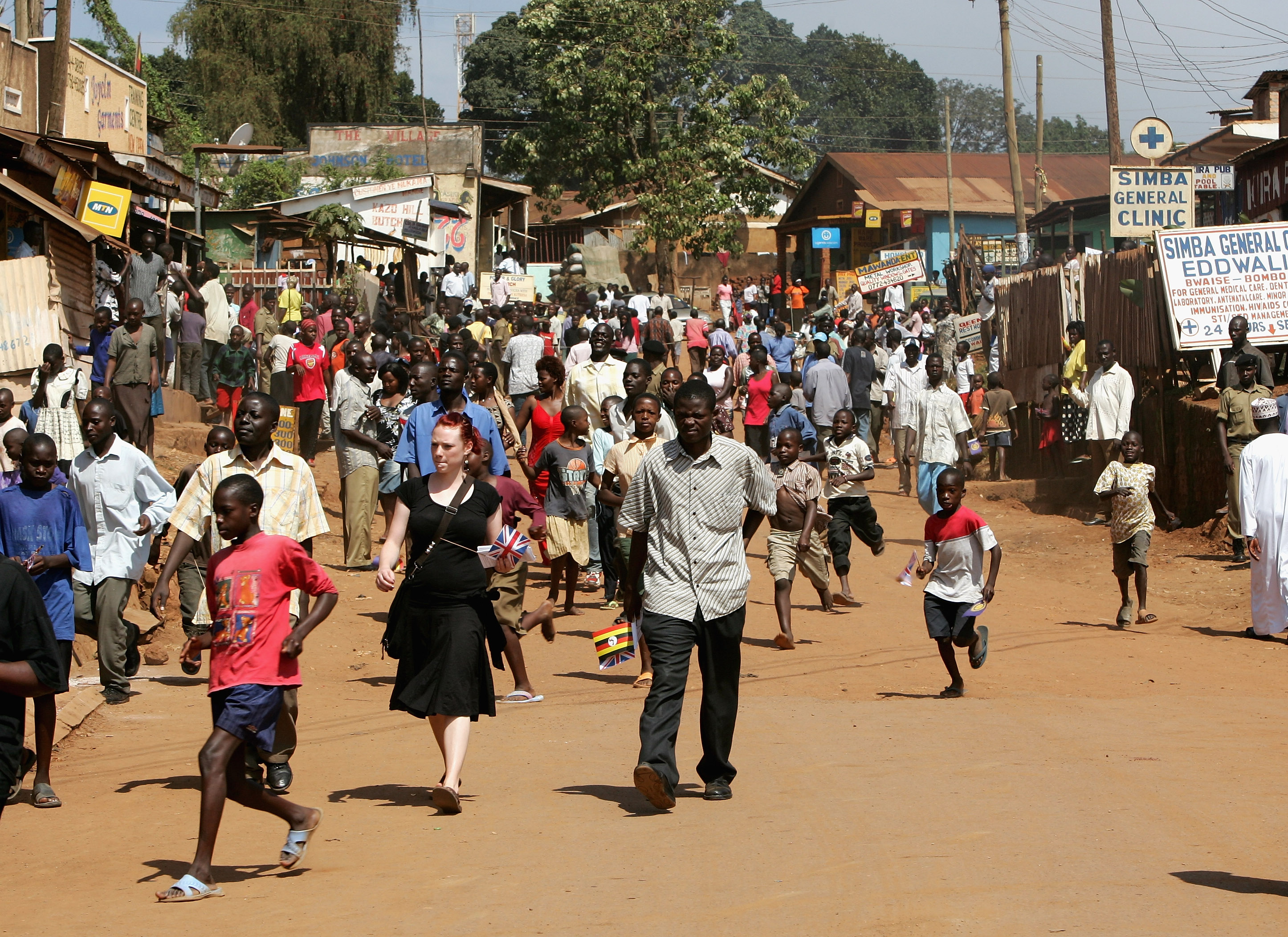It started with a tweet, a Facebook post, a like, a share and boom a furore of idolising messages on social media. Virgin-magnate Richard Branson joined the party and things escalated real quick.
We made it. We made it. Well done Uganda; well done for being named the most entrepreneurial country in the world.
Apparently you’re leaner and looking sharper than ever before. Great things must be awaiting the pearl of Africa, oh Mother Uganda. Be proud of yourself. Having crawled your way back from an edge of an abyss, Uganda is now being touted as the Eden of entrepreneurship… According to a blog post by Approved Index. Go to hell everyone else.
But that’s utterly misleading and potentially very damaging. Suddenly many people think that Uganda is bubbling with million-dollar enterprises and a couple of unicorns at the top of the pile but it’s actually a completely different story.
We’ve been there before. In 2003, the Global Entrepreneurship Monitor, sponsored by the World Bank, published a study that ranked Uganda the most entrepreneurial country in the world. The following year, Uganda trailed a close second to Chile in the same study. Remember this was circa 2004, pre-Facebook era. This was news the mainstream cared little about and Ugandans simply had no platform on which they could shout out about it. The braggadocio for winning was low-key.
Even during the tumultuous 70s in the time of the blood-hungry dictator Idi Amin, or in the mid 80s, when Uganda embarked on a strategy of rebuilding and reconstruction, trust me, we would have clinched the title of being the most entrepreneurial country.
Waiting on the government is like bundling oneself on an ox that is very slow. Nobody’s got time for that.
An informed old friend said to me that those were days of extreme uncertainty and hardship. Severe scarcity of basic goods like soap, salt and sugar forced people into looking for alternatives, however unnatural they seemed. Almost everyone turned into a dealer of some sort, bartered furiously and certainly goods like fuel were smuggled from the far east at the Kenyan border.
It’s tempting to look at things in black and white. The blurred line is where the real story usually is. To pay attention to a media con,(even one done in good faith, in the name of a legitimate study) is outright lazy.
Citizens have been left with no choice other than be a ‘government’ unto themselves.
For anybody in business, scale and scope are key terms; where scale is the capability of producing maximally for a given market and scope is the capability of distributing the manufactured goods and services. These two work hand in hand whenever, wherever.
In a country with a disproportionate government sector, where the legacy of colonial structures have made the government slower and less responsive than it could be, citizens have been left with no choice other than be a ‘government’ unto themselves.
Ugandans must not only scrabble for the basic needs requisite for human survival but must also find ways of getting public services, services which should normally be provided by the government. Waiting on the government is like bundling oneself on an ox that is very slow. Nobody’s got time for that. In fact, many have instead chosen the dismal route of painstaking micro and small-scale entrepreneurship where survival is the keyword.
This urge to seek new ways of survival is part of the reason why almost almost everyone in Uganda qualifies as a serial entrepreneur.
Lone-wolfing it, creating and joining small roadside and makeshift markets, exploring alternative funding sources, starting up micro/small-scale businesses, engaging in subsistence agriculture, these are all things I have grown up seeing. The necessity to seek out new ways of surviving is part of the reason why almost everyone in Uganda qualifies as a serial entrepreneur.

In fact, with the US Dollar hitting hard on major currencies all over the world, the Uganda Shilling is left sitting miserably in the corner as its value withers by the day. Though the World Bank cut growth prospects for Africa, this might translate into more jobs. As major corporations close, small business will start up en masse as a means of making ends meet for the proprietors.
Survival is as central to these businesses as hitting revenue targets is to large corporations. More than 80 per cent of the economy is informal and that only looks like growing. But this doesn’t necessarily mean we’ll be richer. And it won’t mean there’s any more money in the government coffers. That ox won’t be speeding up anytime soon.

